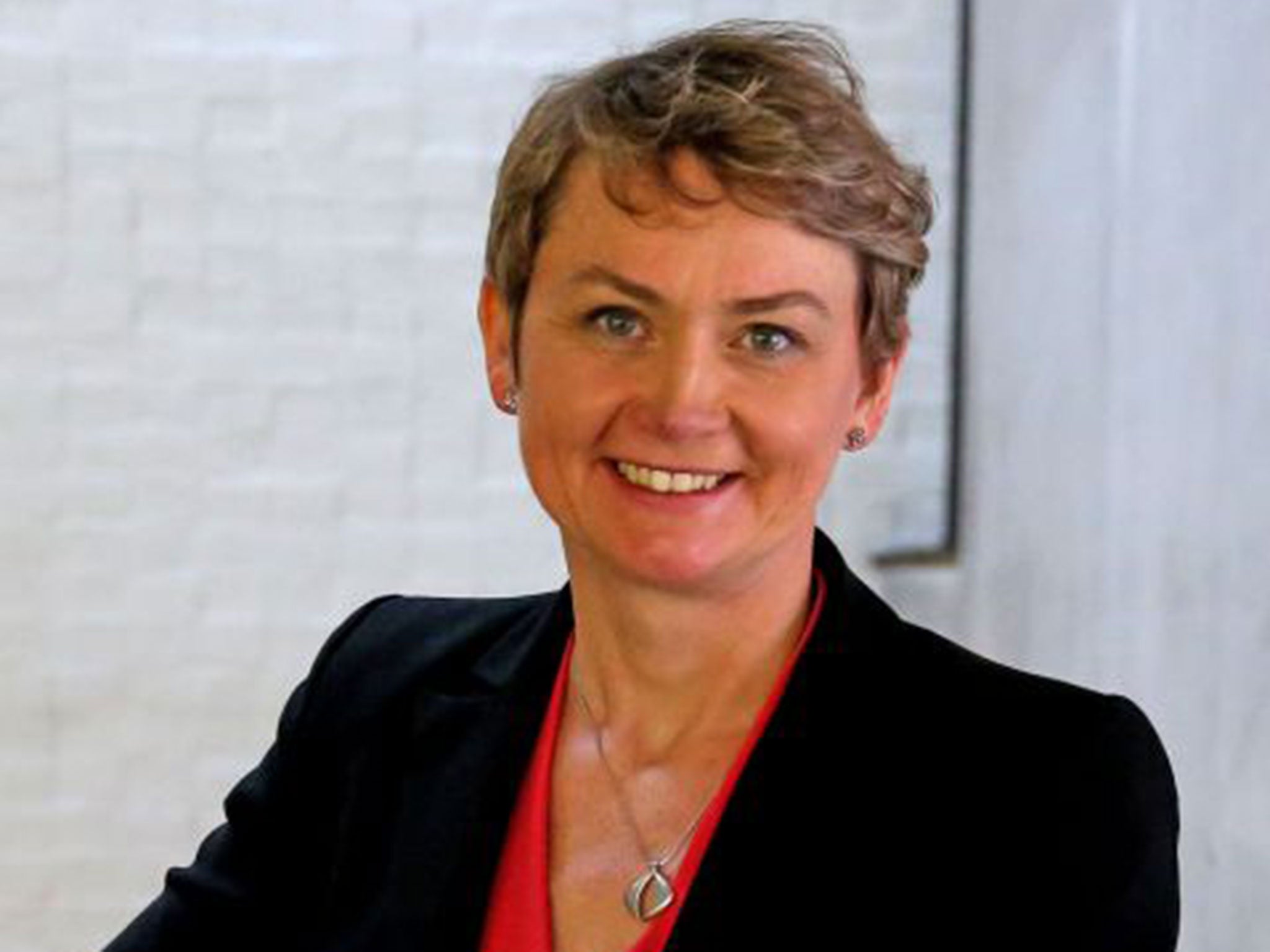Labour must move beyond policies such as renationalisation, says Yvette Cooper
'Things like nationalising power companies don’t do anything to help young people trying to build a new app or older workers stuck in precarious temporary work'

Your support helps us to tell the story
From reproductive rights to climate change to Big Tech, The Independent is on the ground when the story is developing. Whether it's investigating the financials of Elon Musk's pro-Trump PAC or producing our latest documentary, 'The A Word', which shines a light on the American women fighting for reproductive rights, we know how important it is to parse out the facts from the messaging.
At such a critical moment in US history, we need reporters on the ground. Your donation allows us to keep sending journalists to speak to both sides of the story.
The Independent is trusted by Americans across the entire political spectrum. And unlike many other quality news outlets, we choose not to lock Americans out of our reporting and analysis with paywalls. We believe quality journalism should be available to everyone, paid for by those who can afford it.
Your support makes all the difference.Labour risks offering voters “yesterday’s solutions for tomorrow’s problems” and must move beyond policies such as renationalisation if it wants to support workers in the modern economy, a senior MP is set to say.
Speaking in London on 23 February, the former Cabinet minister and leadership candidate Yvette Cooper will warn that the digital revolution is “leaving the labour movement behind” and that the party is failing to offer “hope” to workers seeking new opportunities.
Labour under Jeremy Corbyn has been accused by critics of harking back to traditional Labour positions on jobs and the economy, with the leadership advocating renationalisation of the railways and local council ownership of energy companies.
However, in a speech to launch a new jobs think tank, Ms Cooper will say the party must not “get drawn into touting” old solutions.
“Things like nationalising power companies don’t do anything to help young people trying to build a new app or older workers stuck in precarious temporary work,” she will say.
Mobile computing, social media, artificial intelligence and robotics are all “revolutionising” the world of work, but risk creating new layers of inequality she will say, highlighting the fact that more start-up businesses were launched in one London postcode in 2014/15 than in every town in Yorkshire.
The ‘silicon roundabout’ London postcode, considered the UK’s tech hub, generated 10,280 start-ups in 2014/15, more in a single postcode than in any other city, barring Birmingham, and more than the 9,562 start-ups generated in the entire Yorkshire and Humberside region.
Referring to divisions within her party, Ms Cooper will say: “Much as we may argue amongst ourselves about whether we are too right wing or too left wing, the right question is whether our whole labour movement is being left behind.”
Ms Cooper is set to chair the new Centre for Changing Work, founded by the Fabian Society and the Community union, which will conduct research into the modern jobs market.
Subscribe to Independent Premium to bookmark this article
Want to bookmark your favourite articles and stories to read or reference later? Start your Independent Premium subscription today.
Join our commenting forum
Join thought-provoking conversations, follow other Independent readers and see their replies
Comments